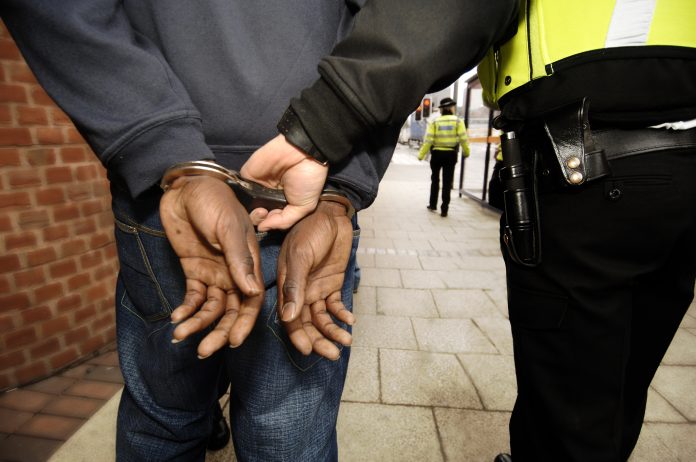The Baroness Casey Review demonstrates a rigorous scratch of the surface, exposing institutional racism, misogyny and homophobia within policing
It is the year 2023, and forty-two years have passed since the inner-city riots of April 1981 in Brixton and elsewhere in Britain, which were sparked by a breakdown in relations between the police and the people following abusive policing practices. In 1981, Lord Scarman rejected the belief that the police service was institutionally racist in favour of the metaphor ‘rotten apples’ to express what Sir William Macpherson of Cluny, in 1999, in The Stephen Lawrence Inquiry Report, eighteen years later highlighted as systemic failure within policing that resulted in ‘institutional racism’. Now, the Baroness Casey Review reiterates what the public has been saying for years.
It is now 2023, and there has been a plethora of research and thematic reports on the existence of institutional abuse since 1981. Still, the police service as a whole carried on regardless in denial of its systemic problems until the murder of Sarah Everard by a serving police officer and the subsequent prosecution of another serving officer for being a serial rapist. Although the latter examples are met-centric, a wider and deeper review of the police service would uncover similar issues nationwide.
The Metropolitan Police specifically is not a learning organisation
The Baroness Casey Review (2023) indicates that the Metropolitan Police specifically is not a learning organisation, and it has finally discredited the ‘rotten apples’ theory and now identifies the existence of ‘institutional racism, misogyny and homophobia’. This review comes as an overdue but welcome reminder to those who are only too aware that institutional abuse forms part of the fabric of policing. There are good people working in the organisation, but maybe in spite of, rather than because of, the culture. The culture of denial has grown, inhibiting self-reflection and a desire to change internal challenges.

What will be concerning to many will be the response of Sir Mark Rowley, the Commissioner of the Metropolitan Police, who, in an interview, this morning on LBC, rejected the language of ‘institutional’ bigotry and then went on to say that there were systemic concerns. This rejection, which reflects that of the former Commissioner Dame Cressida Dick’s views, will be used by those who wish to create alternative narratives and pivot away from the report’s findings.
The worthy recommendations which can arise from the Baroness Casey Review, such as the rebuilding of neighbourhood policing, which are not new in themselves, will not lead to necessary change, whilst there continues to be a denial of the existence of institutional abuses.
The police service requires a move towards radical transparency if trust is to be built
The police service as a whole and not simply the Metropolitan Police requires a move towards radical transparency if trust is to be built, acknowledges the Baroness Casey Review. Should those who are victimised by the systemic failures of policing have to rely for radical change on retired judges and civil servants when the premise of policing is based upon ‘the police are the public and the public are the police’.
The time has come for the police service, as a whole, to reflect and return to its core principles that put the public at the fore of its existence. To aid in this change, the service needs to seek the aid of those within the community, academia and elsewhere who are passionate about ethical policing and wish to aid their police service. Simply moving the furniture around, again, whilst remaining oblivious to the thoughts, desires and concerns of communities that the police are sworn to serve is no longer acceptable.
Changing the current cultural mindset of the police
The police need to learn to be agile in their learning, not defensive, not delusional, and not controlling. It needs to listen more and act on it, fast. If it is tone-deaf to learning, then we should all be asking if it is capable of change within its current cultural mindset.
The Centre for Police, Innovation, Education and Learning (PIEL) within the Royal Docks School of Business and Law, University of East London, is here to assist as it is committed to researching and implementing a community-centred and solution-oriented approach for policing that builds upon the historic ‘Peelian Principles of Policing’ to build trust through genuine partnerships. The centre welcomes the involvement of like-minded community members, academics, practitioners and pracademics for policing is simply too important to be left to the police alone.
Prof John Coxhead, Director of the PIEL Centre
Charles Crichlow, Senior Lecturer and Co-Director of the PIEL Centre UEL
Ruwan Uduwerage-Perera, Director of Criminology & Policing and Co-Director of the PIEL Centre UEL.
All three are former members of the police service, and Charles Crichlow and Ruwan Uduwerage-Perera are also former members of the National Black Police Association











